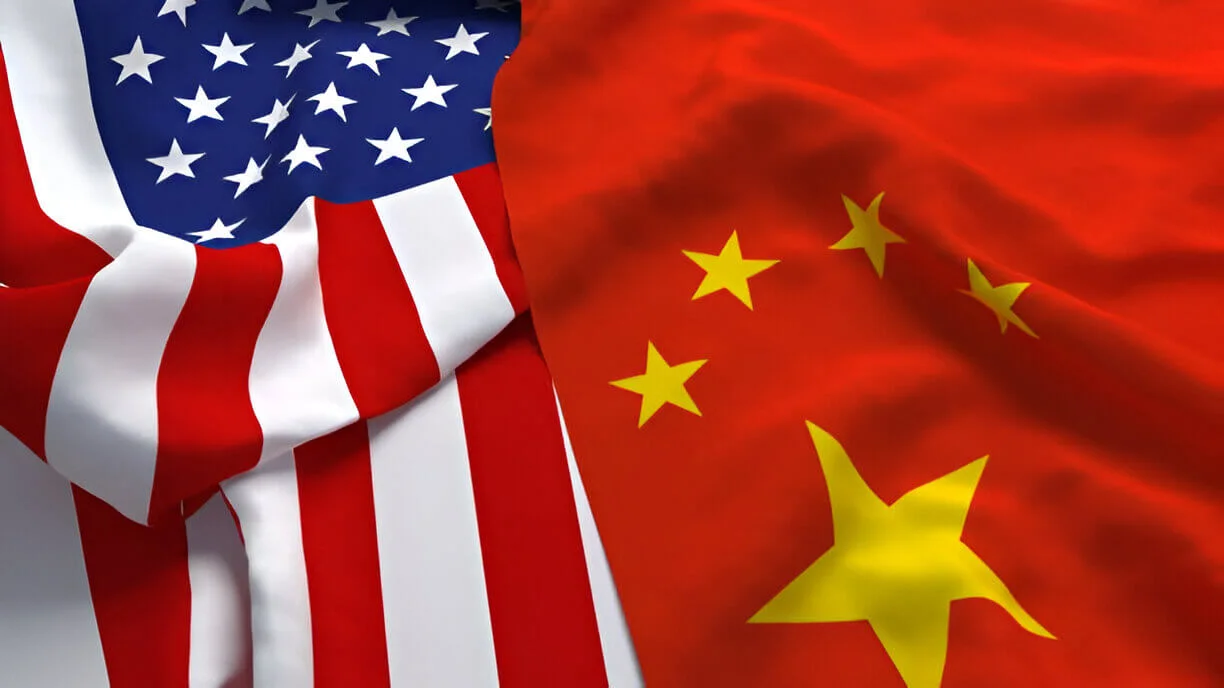China and Japan Ditch US Treasuries in Historic Sell-Off
26.11.2024 16:00 1 min. read Kosta Gushterov
China and Japan are both aggressively cutting back on their holdings of US Treasuries, with Japan leading the way in Q3 2024 by selling a record $61.9 billion.
This follows a significant $40.5 billion reduction in Q2. In the same period, China offloaded $51.3 billion in US debt, marking its second-largest reduction ever. As a result, China’s total Treasury holdings have fallen below $800 billion, a level not seen in 16 years.
This dramatic pullback by two of the largest foreign holders of US debt raises questions about their shifting priorities and the future of the US Treasury market.
China’s sell-off is largely driven by its strategy to stabilize the yuan amid heightened trade tensions, particularly with the US. The People’s Bank of China (PBOC) has been focused on maintaining a stronger yuan to counter market pressures, including the threat of tariffs.
Japan’s move, on the other hand, is more related to domestic economic needs. The Japanese government is funding a ¥39 trillion stimulus package aimed at supporting households and businesses, which has led to the country scaling back its investments in US debt.
With both countries reducing their Treasury holdings, global financial markets are now grappling with the potential implications of these significant changes.
-
1
U.S. PCE Inflation Rises for First Time Since February, Fed Rate Cut Likely Delayed
27.06.2025 18:00 1 min. read -
2
Key U.S. Economic Events to Watch Next Week
06.07.2025 19:00 2 min. read -
3
Gold Beats U.S. Stock Market Over 25 Years, Even With Dividends Included
13.07.2025 15:00 1 min. read -
4
U.S. Announces Sweeping New Tariffs on 30+ Countries
12.07.2025 16:30 2 min. read -
5
US Inflation Heats Up in June, Fueling Uncertainty Around Fed Cuts
15.07.2025 16:15 2 min. read
BitGo Files Confidentially for IPO With SEC
BitGo Holdings, Inc. has taken a key step toward becoming a publicly traded company by confidentially submitting a draft registration statement on Form S-1 to the U.S. Securities and Exchange Commission (SEC).
Crypto Greed Index Stays Elevated for 9 Days — What it Signals Next?
The crypto market continues to flash bullish signals, with the CMC Fear & Greed Index holding at 67 despite a minor pullback from yesterday.
U.S. Public Pension Giant Boosts Palantir and Strategy Holdings in Q2
According to a report by Barron’s, the Ohio Public Employees Retirement System (OPERS) made notable adjustments to its portfolio in Q2 2025, significantly increasing exposure to Palantir and Strategy while cutting back on Lyft.
Key Crypto Events to Watch in the Next Months
As crypto markets gain momentum heading into the second half of 2025, a series of pivotal regulatory and macroeconomic events are poised to shape sentiment, liquidity, and price action across the space.
-
1
U.S. PCE Inflation Rises for First Time Since February, Fed Rate Cut Likely Delayed
27.06.2025 18:00 1 min. read -
2
Key U.S. Economic Events to Watch Next Week
06.07.2025 19:00 2 min. read -
3
Gold Beats U.S. Stock Market Over 25 Years, Even With Dividends Included
13.07.2025 15:00 1 min. read -
4
U.S. Announces Sweeping New Tariffs on 30+ Countries
12.07.2025 16:30 2 min. read -
5
US Inflation Heats Up in June, Fueling Uncertainty Around Fed Cuts
15.07.2025 16:15 2 min. read


